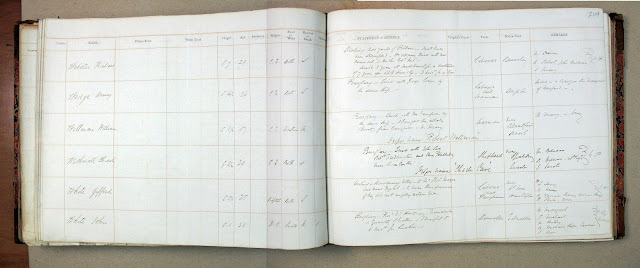The Whites - moving from the village to the city

In 1856, my great grandmother, Harriet White, was born in the small Huntingdonshire village of Woodhurst. Her family had lived in that area for generations. The ancestry records that can be traced, going right back to her great-great-grandparents, all show birthplaces as being either Woodhurst, neighbouring Bluntisham, or one of the other nearby villages. The furthest away any of her ancestors can be traced is to Elton, only about 20 miles away from Woodhurst. Yet, by the age of 22, Harriet was married in London and living amongst the hustle and bustle of the capital city. She spent the rest of her life bringing up a family in Lewisham, Islington, Peckham and Fulham. Over the same decades, many of her other relatives also left Huntingdonshire to try and make new lives for themselves in the growing towns and cities of Victorian England. Many went south, to London, but others also moved north and west - to Nottingham, the Potteries or even as far as Barrow-in-Furness. This post tries to ...
